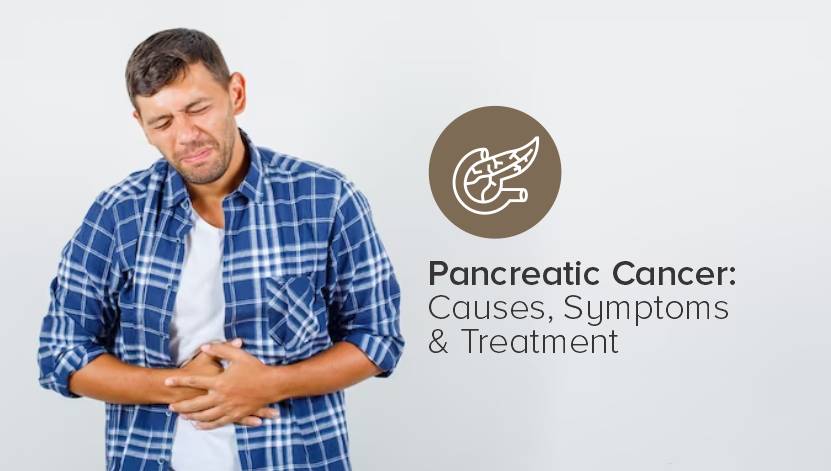Pancreatic cancer is a devastating diagnosis for any individual and their family. It is a disease that can develop in the pancreas, a vital organ that plays a significant role in digestion. In most cases, pancreatic cancer is not detected until it has reached advanced stages, making it one of the deadliest types of cancers.
